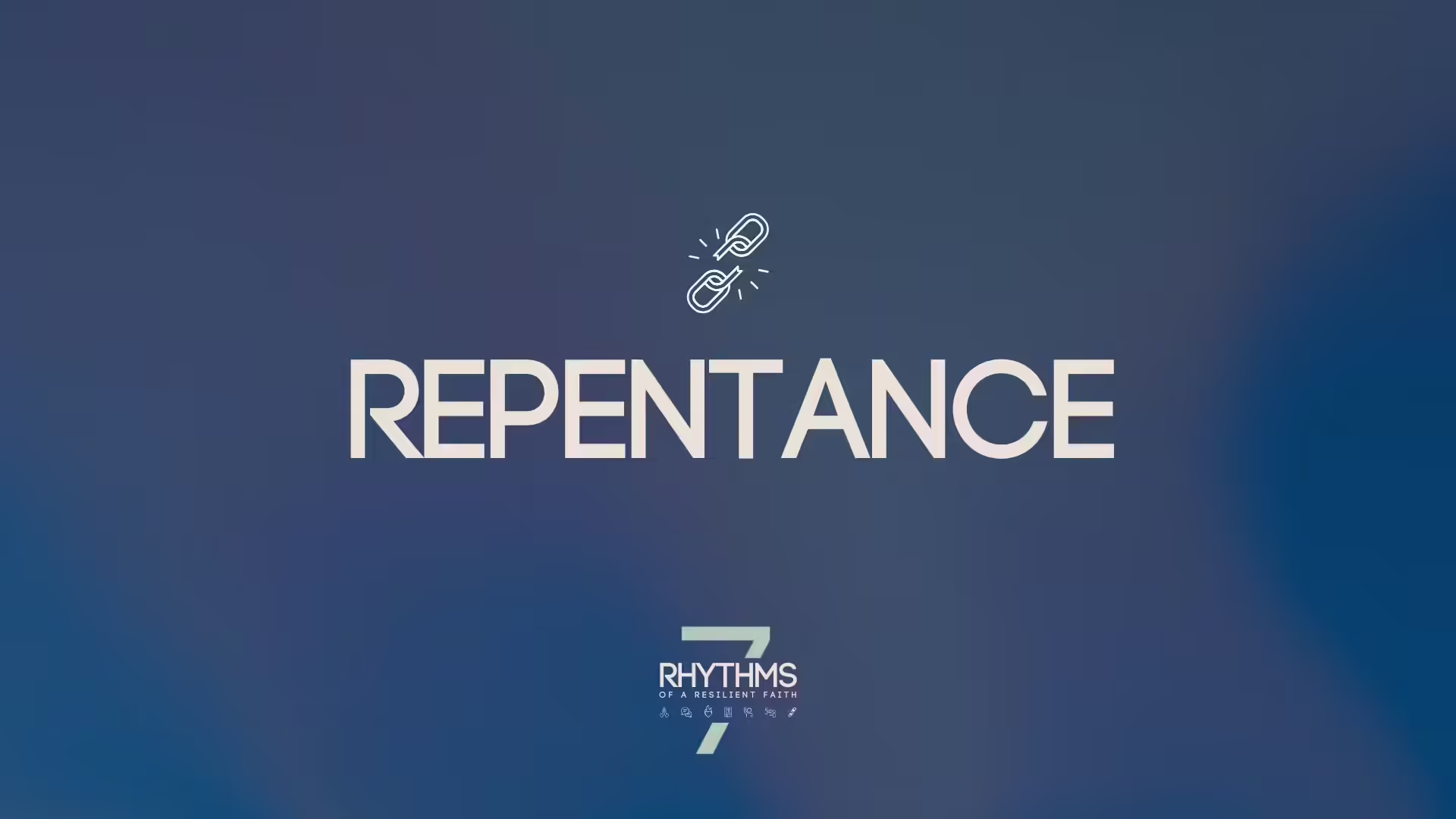
Repentance from Strongholds | Pastor Kevin Nderitu
Scripture: Acts 2:14-38
The Holy Spirit’s Arrival: An Invitation to Transformation
As we enter the second chapter of Acts, the scene is set for a transformative moment in history. Jesus has ascended to Heaven, and the promised Holy Spirit has arrived, making His presence among the disciples undeniable. This event leaves many in awe as supernatural occurrences unfold. People are filled with curiosity and amazement—some are perplexed, while others mock what is happening.
Peter, now stepping up as the leader, stands to share the gospel for the first time. He reminds the crowd of what was foretold in Scripture, speaking about Jesus’ life, death, and resurrection. Peter boldly declares that God has raised Jesus to life, and he and the disciples are witnesses to this truth. The one they crucified is now made both Lord and Messiah.
Peter’s words are powerful and confrontational, prompting a response from the crowd. In Acts 2:37, it is written that the people were “cut to the heart” and asked, “Brothers, what shall we do?” This question reveals the depth of conviction they felt. The Holy Spirit’s work had pierced their hearts, making them realize their sin and the need for change. The truth that they were responsible for Jesus’ death hit them hard, and they responded with a desire to make things right.
The Call to Repentance
This moment shows the work of the Holy Spirit: to take the truth of the gospel and drive it deep into our hearts, prompting a response. The people didn’t sit with their guilt—they were moved to act, asking what they needed to do. Peter’s response is simple, clear, and profound: “Repent and be baptized, every one of you, in the name of Jesus Christ for the forgiveness of your sins. And you will receive the gift of the Holy Spirit.”
Repentance is a deliberate choice to turn away from sin and back to God. It’s a complete change in direction—a doorway through which we enter new life with Jesus. This makes it a word full of hope. Instead of condemnation, repentance is an invitation to turn back to God. The good news is that, though our actions deserve death, God extends His grace toward us.
Repentance isn’t just for those who don’t yet know Christ; it’s also for believers who feel the tug of war within. Even after giving our lives to Christ, the flesh still desires gratification. Paul outlines the acts of the flesh in Galatians 5:19-21 and Colossians 3:5-8, warning that these behaviors separate us from God.
When we entertain the rhythms of this world, our flesh grows stronger, but when we engage with the rhythms of faith, we die to the flesh and live in the Spirit. Peter’s call to repentance wasn’t just about feeling sorry but about a complete change in behavior. It’s not a fleeting moment of regret; it’s a deliberate and transformational choice.
Recognizing and Addressing Strongholds
We constantly choose between two kingdoms—life and death, light and darkness, truth and lies. Strongholds are patterns of sin, false beliefs, or deceptive thinking that block God’s truth from taking root in our lives. Paul refers to these strongholds in 2 Corinthians 10:3-5, emphasizing the need to demolish them and make every thought obedient to Christ.
Strongholds can take many forms—distorted desires, control, idolatry, and insecurity. These lies often seem reasonable, making it challenging to recognize their grip on us. For example:
- Control: The lie that we can control our lives and that everything depends on us.
- False Teachings: The pursuit of personal beliefs over God’s truth, seeking out sources that confirm our biases rather than aligning with Scripture.
- Idolatry: Placing hope in wealth, success, or possessions rather than in God.
- Insecurity: The belief that we are less than others, leading to a cycle of negative self-perception and unhealthy relationships.
Each of these strongholds holds us back from fully following God. They create barriers that keep us from experiencing the freedom and transformation He offers.
Repentance is the key to breaking these strongholds. It’s a U-turn back to God, away from the lies and destructive patterns that have held us captive. It’s not merely a feeling of guilt; it’s an action that leads to transformation. Like the prodigal son in Luke 15, repentance involves a decision to leave behind a sinful lifestyle and return to God.
How do I Repent?
Confession is the first step in repentance. It involves honesty with ourselves and with God. We must call out our sins for what they are—lustful desires, stealing, gossip, or filthy language. 1 John 1:8-9 assures us that when we confess, God is faithful to forgive and cleanse us. Confession brings us into the light of God’s grace, starting the process of healing and renewal.
Secondly, be part of a godly community. Transformation is challenging, and it’s difficult to do alone. God places people in our lives to walk with us on this journey. Being part of a godly community, like a Life Group, helps us to identify areas where we’ve fallen short and encourages us to make real changes. In our church, this is already happening through the Rooted experience—a ten-week journey designed to help people connect with God, the church, and their purpose.
The Power of Repentance
As Acts 3:19 says, “Repent, then, and turn to God, so that your sins may be wiped out, that times of refreshing may come from the Lord.” Repentance isn’t meant to shame us; it’s God’s invitation into a deeper relationship with Him. It also sets the standard for how we engage with one another. We are called to encourage and support each other, not judge, as we all seek to live repentant lives.
Acts 2:38 reminds us that repentance leads to the forgiveness of sins and the gift of the Holy Spirit. Every day, we are faced with choices between truth and lies, life and death. Choosing to repent and turn toward Jesus strengthens our resolve and draws us closer to God. It’s a call to embrace a life lived in relationship with Him.
Conclusion: Embrace the New Life
Repentance is not just about turning away from sin; it’s about turning toward Jesus. It’s an invitation to leave behind the burdens of sin and embrace the abundant life God has in store for us. Through the power of the Holy Spirit, we can break free from strongholds, experience transformation, and live lives that reflect the character of Christ.
If you feel the Holy Spirit’s conviction today, don’t harden your heart. Turn to Him and let the transformation begin. If you haven’t been baptized or feel called to take that step, consider joining us for Baptism. It’s a beautiful opportunity to publicly declare your faith and commitment to following Christ.
The seven rhythms we’ve explored—spending time in God’s Word, worship, sharing our stories, serving, praying, giving, and repentance—are pathways to deepening our relationship with God. They strengthen our resolve against the parts of us that seek to pull us away from Him. Make the deliberate choice to live a life worthy of the calling God has for you, and let repentance be a rhythm that continually brings you closer to Him.
The above post is a summarized version of the full sermon. Please click the link below to watch the full message:
